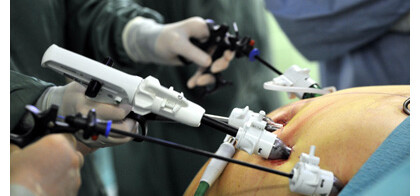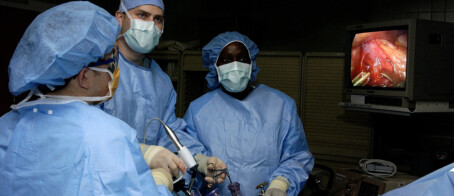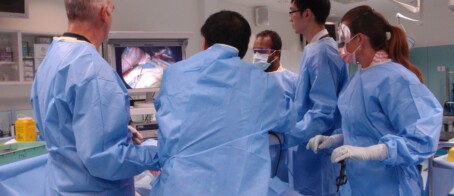Gastric bypass surgery is a lifesaving procedure. You will lose weight. You will reduce your co-morbidities. You will feel better and look better. However, to be successful (long-term), you have to change your diet.
This sounds simple, but it’s not. Be prepared for a struggle. You’ve spent much of your life building and reinforcing bad eating habits. Those have to change.
Knowing what you can and can’t eat is the first step towards a healthy diet. Your diet for the first five weeks after gastric bypass surgery is important for two reasons.
1. Your safety. Eating the wrong food could put undue pressure on your healing stomach.
2. Resetting your bad eating habits and replacing them with new healthy habits.
Search
-
Recent Posts
Recent Comments
Archives
Categories












